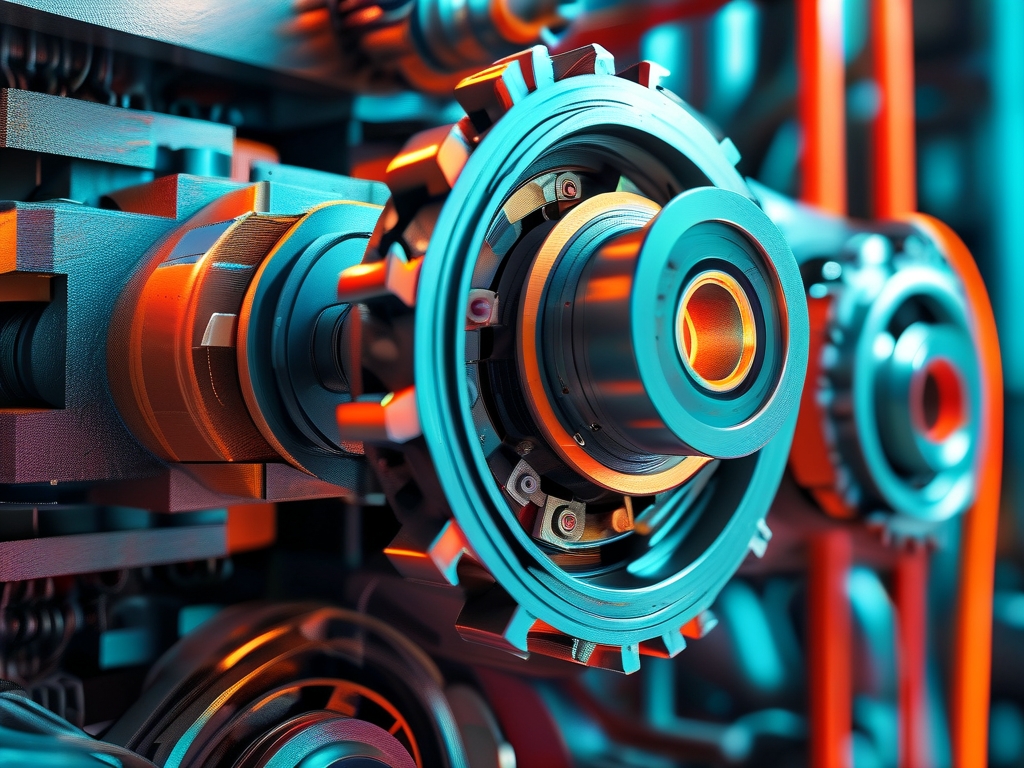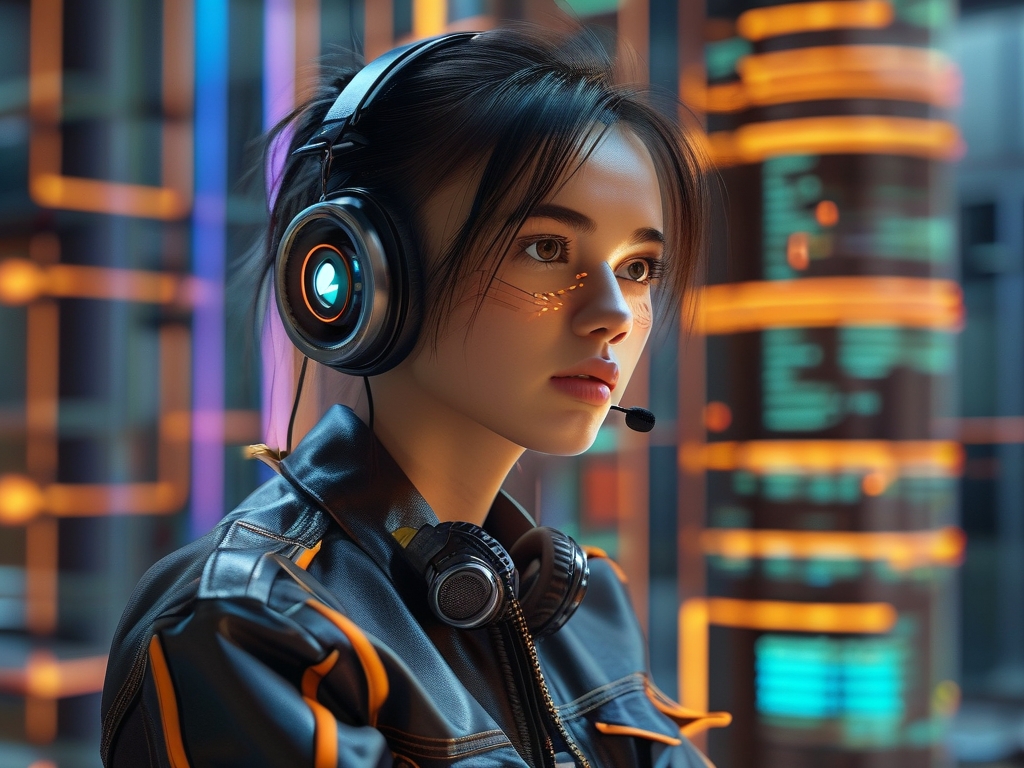When people hear the term "algorithm engineer," many instinctively think of complex mathematical formulas or lines of code powering platforms like TikTok or Netflix. However, this role is often misunderstood. The phrase "algorithm engineer" itself invites a playful but critical question: Are algorithm engineers themselves a type of algorithm? To answer this, we must dissect the interplay between human expertise and computational systems in modern technology.

What Does an Algorithm Engineer Actually Do?
Algorithm engineers are professionals who design, implement, and optimize algorithms to solve real-world problems. Their work spans industries like artificial intelligence, data science, robotics, and software development. Unlike static algorithms—rigid sets of rules executed by machines—algorithm engineers are creative problem-solvers. They analyze requirements, prototype solutions, and refine models based on performance metrics. For example, a recommendation system engineer might experiment with collaborative filtering, neural networks, or hybrid approaches to improve user engagement.
Crucially, their role involves human judgment. An algorithm engineer must decide which mathematical models to prioritize, how to handle edge cases, and when to balance accuracy with computational efficiency. These decisions cannot be fully automated because they depend on context, ethics, and business goals—factors that machines alone cannot interpret.
The Nature of Algorithms: Tools, Not Thinkers
Algorithms, in contrast, are predefined procedures designed to perform specific tasks. From sorting data to training deep learning models, they operate within boundaries set by their human creators. A machine learning algorithm, for instance, follows mathematical patterns to identify relationships in data but lacks awareness of its purpose or implications. It doesn’t “choose” to adapt; it executes code.
This distinction highlights a key point: Algorithms are tools, while algorithm engineers are toolmakers. The engineer’s role is to bridge abstract problems with technical solutions. For example, natural language processing (NLP) algorithms like GPT-4 can generate human-like text, but they rely on engineers to fine-tune their training data, mitigate biases, and align outputs with user needs.
The Synergy Between Engineers and Algorithms
The relationship between algorithm engineers and algorithms is symbiotic. Engineers depend on algorithms as foundational components, while algorithms evolve through human innovation. Consider autonomous vehicles: Engineers develop perception algorithms to detect obstacles, but they also define safety thresholds and ethical frameworks (e.g., prioritizing pedestrian safety over passenger convenience). These choices reflect human values, not algorithmic autonomy.
Moreover, algorithm engineers continuously improve their craft by learning from algorithmic behavior. When a facial recognition system performs poorly on diverse skin tones, engineers diagnose flaws in training data or model architecture—a process requiring empathy and societal awareness. Algorithms alone cannot rectify such issues; they require human intervention.
The Limits of Automation in Algorithm Design
Despite advances in AI, the notion of an "algorithm that designs algorithms" remains limited. AutoML (Automated Machine Learning) tools can optimize hyperparameters or select models, but they operate within constraints defined by engineers. True innovation—such as inventing transformer architectures for NLP or quantum algorithms for cryptography—still demands human intuition and cross-disciplinary knowledge.
Algorithm engineers also grapple with non-technical challenges. They must consider privacy regulations (e.g., GDPR), environmental impacts (e.g., energy-efficient algorithms), and ethical dilemmas (e.g., AI in warfare). These considerations require moral reasoning and stakeholder collaboration, areas where algorithms cannot substitute human responsibility.
: The Irreplaceable Human Touch
Calling algorithm engineers "algorithms" is a misnomer that undervalues their intellectual and ethical contributions. While algorithms execute tasks with precision, engineers imbue technology with purpose and adaptability. As AI continues to advance, the role of algorithm engineers will only grow more critical—ensuring that machines remain tools for human progress, not autonomous decision-makers.
In the end, the answer to "What kind of algorithm is an algorithm engineer?" is simple: They are not algorithms at all. They are the architects, critics, and stewards of the digital age.









